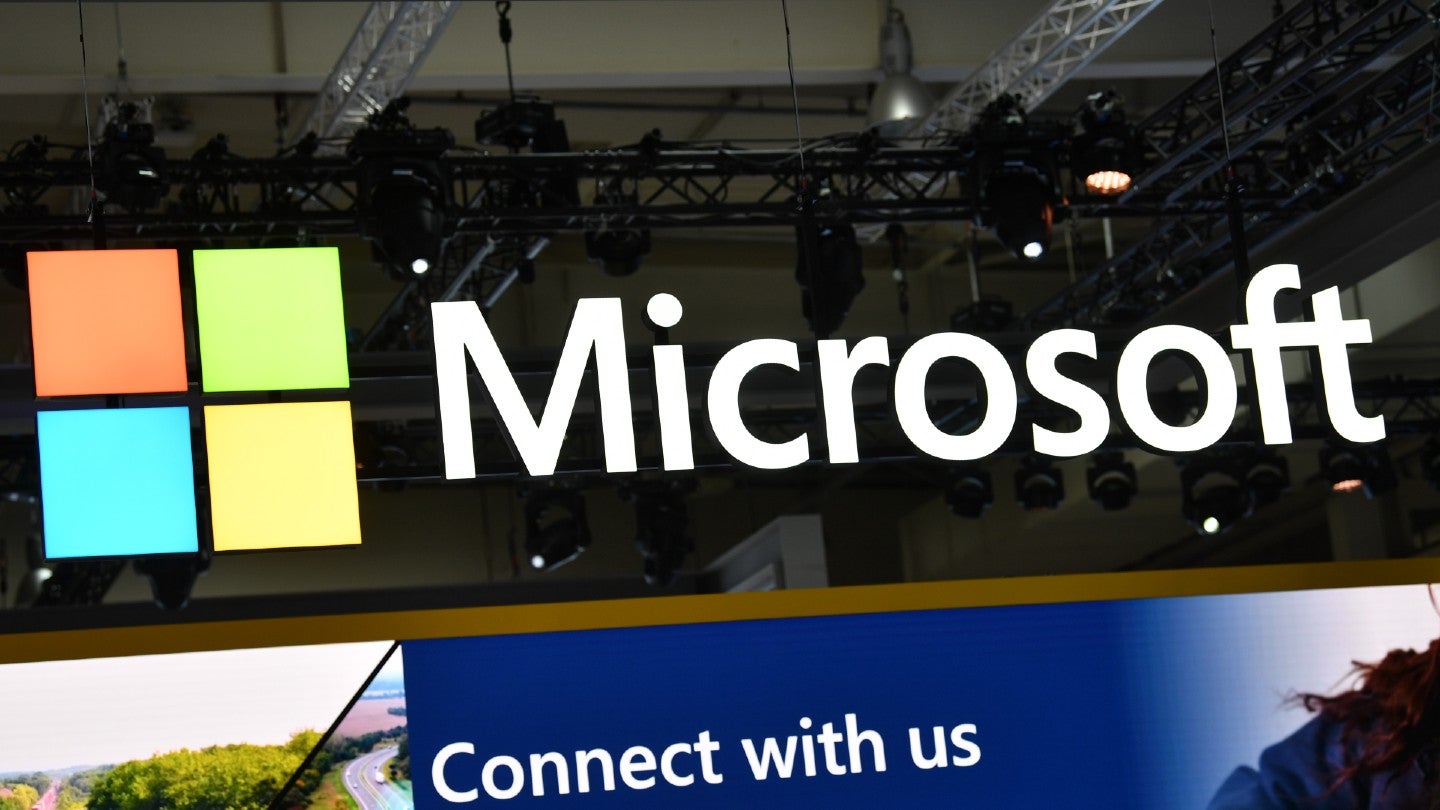The US Federal Trade Commission (FTC) has applied for a temporary restraining order and preliminary injunction to block technology giant Microsoft’s $69-billion acquisition of Activision Blizzard, the prominent video game publisher, before the deal’s July 18 deadline.
The appeal, lodged at the Northern California District Court, is the latest move by the FTC to block the deal due to fears Microsoft could corner the market by withholding Activision’s library of popular games from launching on other game consoles, including Xbox rival Sony.
Activision currently has a strategy of offering its games on many devices regardless of producer, but the FTC claims this could change if the deal is allowed to proceed.
Last December, the FTC filed a lawsuit to block the takeover, with a commission hearing set for August 2 to discuss the merits of the deal.
However, the latest filing yesterday (June 12) requested an immediate preliminary injunction “because Microsoft and Activision have represented that they may consummate the proposed acquisition at any time.”
Both the FTC’s hearing date and Microsoft’s appeal against the UK Competition and Markets Authority’s (CMA) decision to block the deal, are set for after the deal’s July 18 deadline. The European Commission regulators, meanwhile, have already cleared the acquisition.
The FTC added that if the pair were allowed to merge before the case made its way through an administrative process, “re-establishing the status quo would be difficult, if not impossible.”
The agreement, announced by Microsoft and Activision in January 2022, could be the most expensive acquisition ever for the software and technology firm, dwarfing its $26-billion takeover of LinkedIn in 2016. It would see Microsoft pay $95 for each Activision Blizzard share.
The tech heavyweight said the acquisition will create the world’s third-largest esports and video game company in terms of revenue, behind Tencent and Sony, and would give it ownership of major titles such as Call of Duty, Overwatch, Warcraft, and Candy Crush.
However, if the deal falls apart, Microsoft will have to pay Activision Blizzard a termination fee worth up to $3 billion.
In its original lawsuit, the FTC said having gained control of Activision’s blockbuster franchises, Microsoft would have “both the means and motive to harm competition by manipulating Activision’s pricing, degrading Activision’s game quality or player experience on rival consoles and gaming services, changing the terms and timing of access to Activision’s content, or withholding content from competitors entirely, resulting in harm to consumers.”
It pointed to Microsoft’s record of acquiring and using gaming content to suppress competition from rival consoles, including its acquisition of ZeniMax, the parent company of Bethesda Softworks, a well-known game developer.
Microsoft decided to make several of Bethesda's titles Microsoft exclusives despite assurances it had given to European antitrust authorities that it had no incentive to withhold games from rival consoles.
Microsoft president Brad Smith told CNBC the company would “welcome the opportunity to present our case in federal court,” adding “We believe accelerating the legal process in the US will ultimately bring more choice and competition to the market.”
In an email to employees, Activision Blizzard chief executive Bobby Kotick, said: “Our excellent legal team has been preparing for this move for more than a year, and we’re ready to present our case to a federal judge who can evaluate the transaction on the merits.”
The European Union approved the deal in May after Microsoft offered its main rival, Sony, a decade-long contract to make every Call of Duty game available on its PlayStation at the same time as the Xbox.
However, the CMA blocked the takeover in April due to concerns it would suppress competition in the cloud gaming market by reducing innovation and gamers fewer choices.
Cloud gaming enables gamers to access titles via companies’ remote servers, similar to streaming a movie or live sports on a platform. Microsoft believes it will become the mainstream way of playing games in the future.
Image: Alexander Koerner/Getty Images









